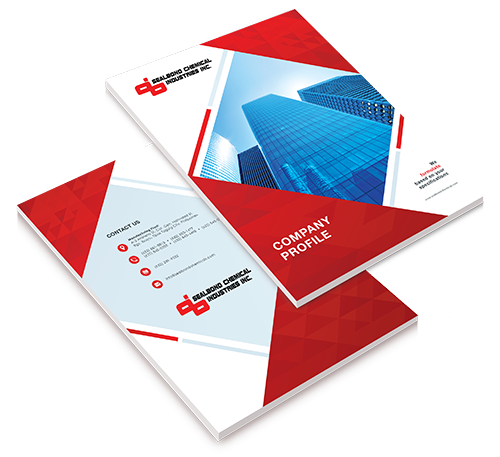If you’ve ever asked anyone what the easiest product for waterproofing is, don’t be surprised: it’s cementitious waterproofing.
It’s a type of waterproofing that uses polymer coatings based on cement and is known to be readily available from suppliers of masonry products. Applying it properly is a reliable and quite durable material, especially for cement-based walls and floors.
In this blog, we’ll discuss cementitious waterproofing, its benefits, and its daily applications!
The Benefits of Cement-Based Waterproofing
- Easy to use: The instructions for using them are fairly simple. The process is simple and has no frills. You just need to mix and then apply it.
- Accessible: You can easily buy cementitious waterproofing from your nearest hardware store.
- Breathable: It deters water from passing through, but the coating itself allows water vapor to permeate.
- When correctly applied, it is reliable: This is because it is effective in preventing water infiltration damage. When used with concrete binders and other materials like industrial floor coatings, this material only becomes more powerful.
- Durable: The coating gives a stronger barrier against the water. Thus, it is an effective preventive measure against moisture, mildew, and water.
- Resistance: Chemical damage, beware! This material also resists different weather conditions and chemical damage, much like carbon fiber retrofitting, which is why it has been used in industries and factories.
- Versatility: Various surfaces can make the most out of this waterproofing material. It works not only on concrete but also on masonry, too!
- Lower price: Many other waterproofing membranes are on the market, like integral waterproofing and polyurethane waterproofing. However, when compared to cementitious waterproofing, this material may be more cost-effective.
- Bonding properties: This waterproofing bonds porous and non-porous surfaces!
- Mold resistance: There’s a reason why we don’t recommend excess moisture around. One unfortunate turnabout it brings is the growth of mold, which can harm the health and air quality. With cementitious waterproofing, you can prevent mold growth.
Types and Uses for Cementitious Waterproofing
Types
- Cementitious membrane: This has two components: liquid resin and powder hardener. You need to mix them together to form an effective final product.
- Fiber-reinforced waterproofing coating: Fibers are used in this material to reinforce its better and stronger properties. Like the original cementitious waterproofing coating, it can be applied to a multitude of other surfaces and effectively shields the structure from water entry.
- Cementitious epoxy coating: This product consists of an epoxy topcoat, as well as a cementitious base. You can apply it in more than one coat, but make sure to wait for it to dry before applying the next coat. It offers more simplified benefits compared to the original material of cementitious waterproofing. This has better acid resistance, adhesion, and impermeability. The polymerization of this material (epoxy) makes it more higher in density, resin-protected, too.
Uses
- Bathroom floors
- Parking garages
- Basements
- Parking garages
- Tunnels
- Roofs
- Walls
- Buildings
- Balconies
- Railways
- Subway systems
- River locks
- Sewage treatment
FAQs
Where do you apply cementitious waterproofing?
You usually apply this in areas prone to water exposure, like river locks, sewage, and even the bathroom.
What are the disadvantages of cementitious waterproofing?
These are:
- It cannot maintain cracks, which is how crack repair for concrete can come in
- It is not as flexible of a material, especially when held up against bituminous waterproofing
- It needs proper application to work
- Areas that have movement are not applicable for this kind of material
Is cementitious waterproofing the same as epoxy?
No, it is not, as they are different kinds of materials and products, although they may have similar overlapping properties.
Customized Solutions With Sealbond
There are a lot of reliable waterproofing materials on the market. However, cementitious waterproofing is certainly something worth looking into with its versatility of uses and benefits.
Here at Sealbond, we provide customized solutions and pride ourselves in our current position as a market leader in the innovation of structural epoxy adhesives, marine paints, concrete admixtures, industrial coatings, and waterproofing solutions. Check out our products today!










